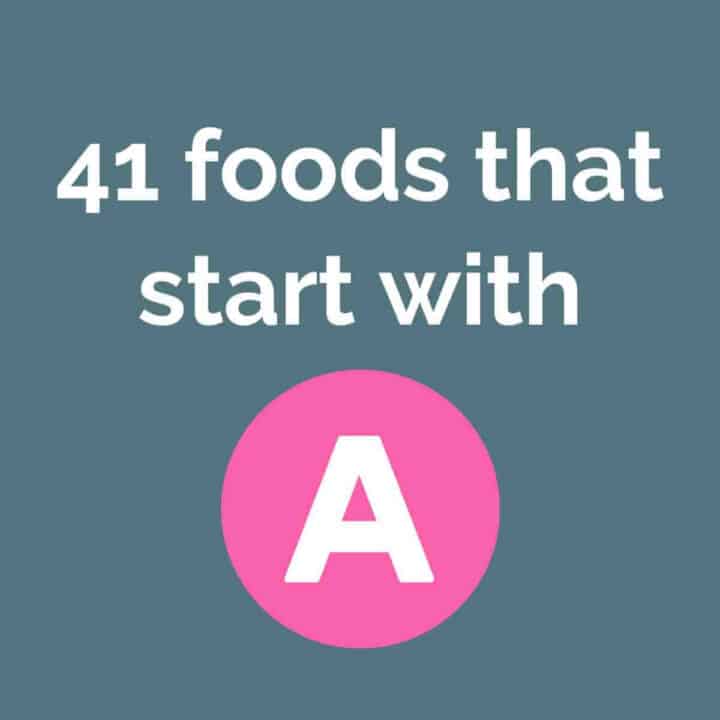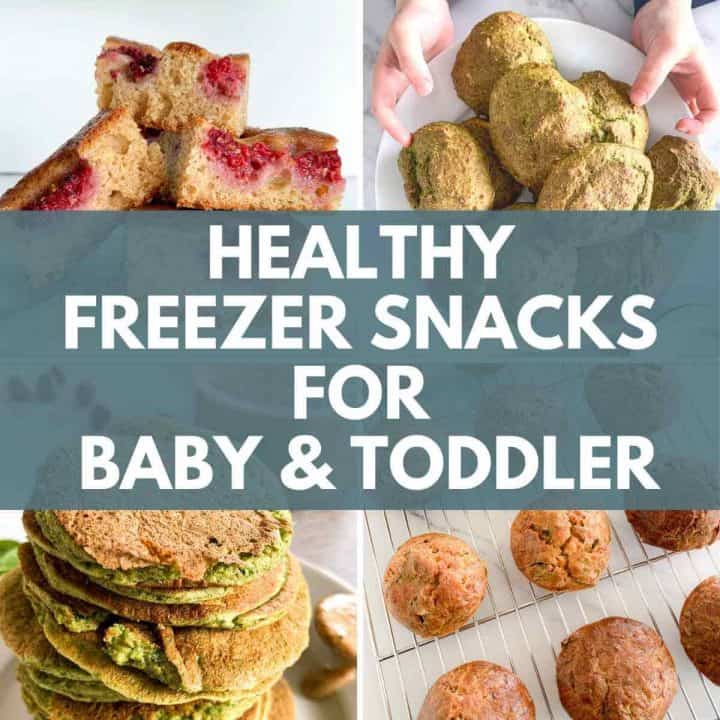
Can babies be keto? With the ongoing popularity of keto diets, it's a question we've been asked a number of times recently. It's only natural for parents to want their kids to share their nutritional principles, whether you are keto, vegetarian/vegan, kosher/halal (not diets per se) etc.
However, given any kind of diet includes restrictions around the food you can eat, it's important to examine the ramifications for a growing child.
And as with most questions regarding nutrition, the answer is not as simple as it may sound. Let's take a look.
What is a Keto Diet?
A keto diet is one that's low in carbohydrates and high in fats. Simple as that. Low meaning some carbohydrates are permitted, but not a whole lot of them.
So what foods does that limit? Apart from the obvious bread, pasta, pastry, etc, it also includes grains, vegetables, and fruit. These are abundant in vitamins, minerals, and complex carbohydrates as well as fiber which are all very important in a baby's diet (in anyone's diet really).
The importance of carbohydrates
Carbohydrates are one of the 3 macronutrients that our bodies rely on. They are broken down into glucose which is our body's primary source of energy and pretty much the sole food for the brain.
So for children, who are experiencing rapid growth, it's preferable for their diets to include a readily available source of energy. Complex carbohydrates are important because they provide a slow release of glucose to fuel the body over a long period of time.
The keto diet's limitation on carbohydrates also results in much lower consumption of fruit and veg. This can make it harder to get micronutrients which are crucial for maintaining good health and supporting growth and development.
"But breastmilk is keto"
Yes, breastmilk contains far more fat than carbohydrates or protein because it is adapted specifically to the baby's needs. Especially in the first few months, babies have much higher fat needs than carbs or protein. In the first 6 months, fats act as the main source of energy (about 50%).
However, breastmilk also provides a host of micronutrients, specially curated by mom.
The percentage of your energy requirements represented by fats reduces as children get older. And from the moment they start relying on solid foods to get a balanced diet, the comparison to their breastmilk diet is no longer relevant.
So Can Babies Be Keto?
If you have a healthy child who has no distinct medical needs (and you haven't been specifically recommended keto by your pediatrician) then no. It's not healthy for them, even if you find it helpful as an adult. Nutrition is all about balance and nourishing your body. Restriction of any foods for no reason will lead to significant impairment.
Physiologically speaking, children are in the process of rapid growth and development (you've probably read that a hundred times by now) and limitations in any foods and nutrients can lead to significant health issues – now or later in life.
Particularly in keto diets, we are talking about carbohydrates, fiber as well as a whole list of vitamins and minerals found in fruit, vegetables, grains, and legumes.
Possible side-effects of keto diets
- Impaired growth
- Low blood sugar
- Hyperlipidemia (elevated fats in the blood which can cause cholesterol problems)
- Nutrient deficiencies
- Dehydration and electrolyte imbalance
- Digestive issues (e.g. constipation)
Why Are Some Children On A Keto Diet?
The keto diet was initially adapted to treat specific severe illnesses. Particularly epilepsy. Studies have shown that children with epilepsy who are on a keto diet have a significantly lower seizure rate.
However, even then, it does not have the same effect on all epileptic children. This is why a keto diet for a child should be prescribed by a doctor.
There is also ongoing research into its potential uses in other neurological disorders such as Alzheimer's and Parkinson's disease as well as ALS (Amyotrophic Lateral Sclerosis) but this is not yet conclusive (some .
Final Note
So can babies be keto? In general, if you have a healthy term baby who is reacting badly to any particular food or food group, there shouldn't be any limitations in their nutrition.
Personal preferences are another story but each parent, when making the choice to exclude a food or food group from the nutrition of a healthy child should keep in mind that nutritional needs should be met first with food before you consider supplementing.
If you believe a keto diet would be helpful for your child nonetheless, make sure you speak to your doctor and a nutritionist before you do!





Comments
No Comments